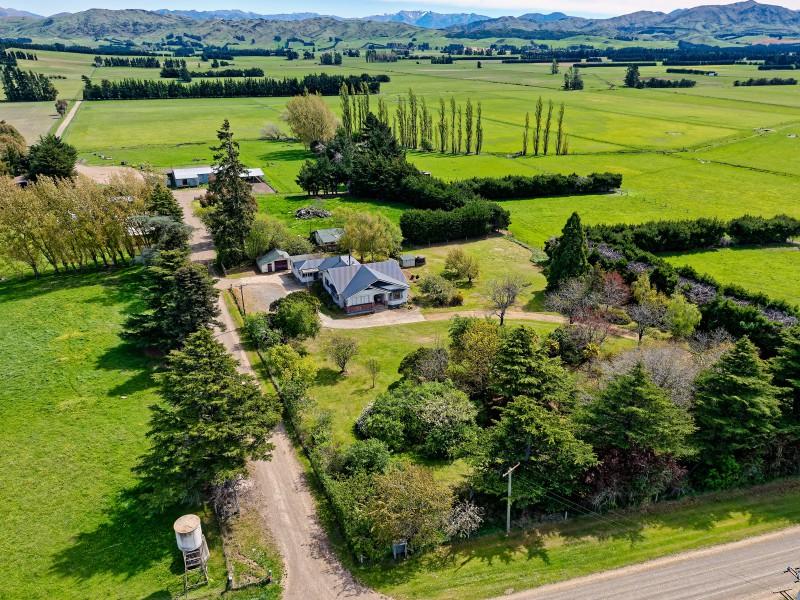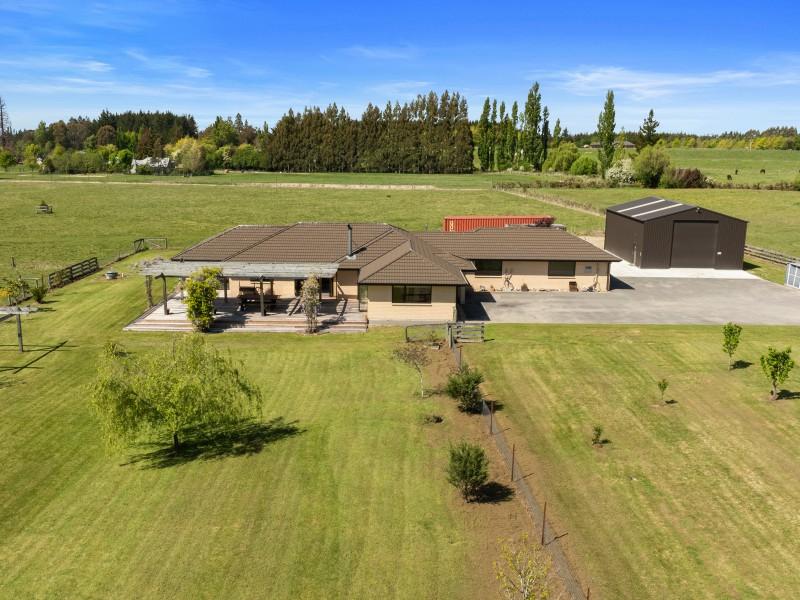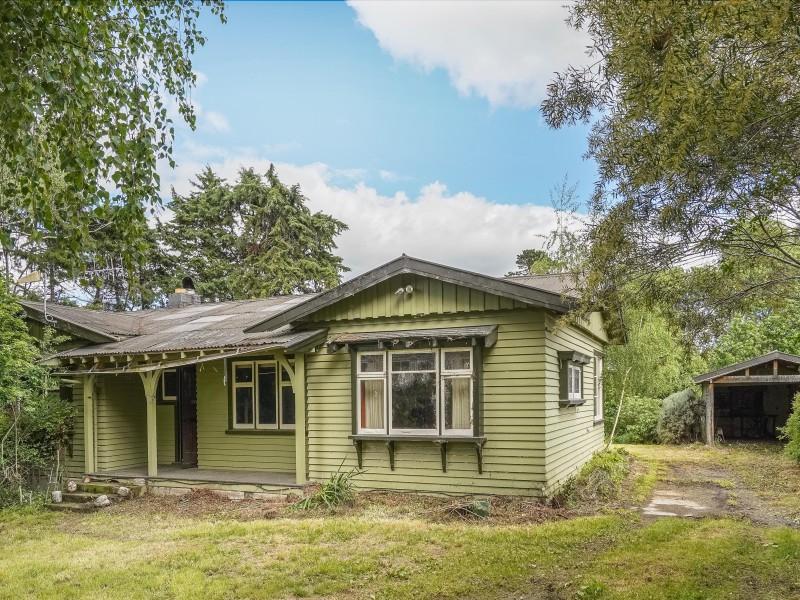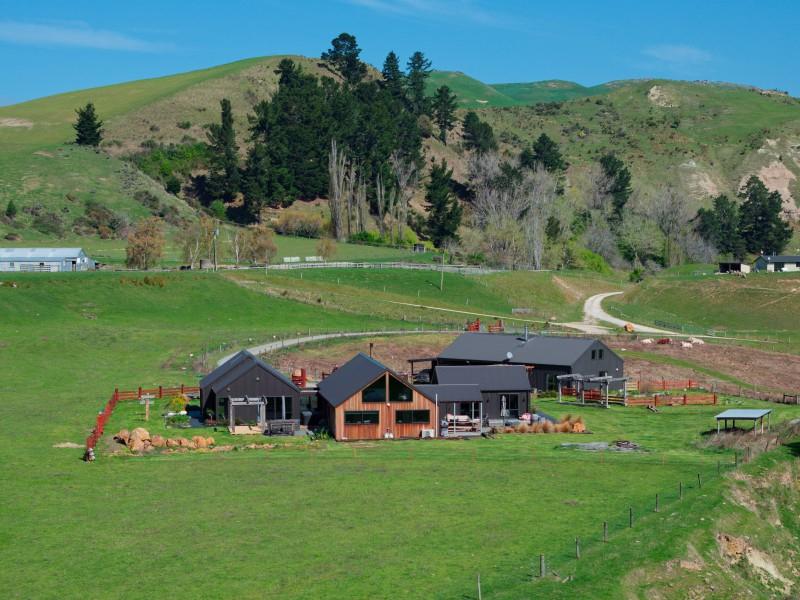Addressing historical greviances
By David Hill, Local Democracy Reporter
Local Māori will soon be able to return to live on their customary land.
Waimakariri District Council chief executive Jeff Millward says the proposed Waimakariri District Plan, which was notified in September 2021, includes special purpose zoning for Māori Reserve 873, between Kaiapoi and Rangiora.
This included allowing for up to seven houses on a four hectare section.
These have been incorporated into the draft Greater Christchurch Spatial Plan, which has recognised the need for infrastructure investment for kāinga nohoanga (places of residence) across the Greater Christchurch area.
"Historically they have been prevented from living on their own land and growing crops for mahinga kai," Millward said.
The National Policy Statement on Urban Development stated that well-functioning urban environments needed to have a variety of homes, and this included enabling Māori to express their cultural traditions and norms.
Māori Reserve 873, which included the kāinga (village) of Tuahiwi and the surrounding rural area, was set aside by the Crown in 1848 as a kāinga nohoanga.
The 1868 Native Land Court defined Ngāi Tahu mahinga kai and whānau rights.
But subsequent territorial authorities, including the Waimakariri District Council, which was established in 1989, had overlooked the history and introduced rural zoning rules and applied them to Māori Reserve 873.
Most recently, about 2005, the Waimakariri District Council changed the rural zoning for the reserve to 10 acres without consulting with the rūnanga.
This was unworkable as properties were already much smaller and had multiple houses on them.
The land grievances were due in part to different cultural understandings and the complexity of Māori ownership.
Māori practised Kaitiakitanga (stewardship) where resources including land were looked after by the hapū for the next generation.
The consequence has seen Māori lose the ability to use the land for mahinga kai and whānau have been unable to live on the land.
Comment was sought from Ngāi Tūāhuriri.
■ Public interest journalism funded through New Zealand on Air.

Poll: Do you think NZ should ban social media for youth?
The Australian Prime Minister has expressed plans to ban social media use for children.
This would make it illegal for under 16-year-olds to have accounts on platforms including TikTok, Instagram, Facebook and X.
Social media platforms would be tasked with ensuring children have no access (under-age children and their parents wouldn’t be penalised for breaching the age limit)
.
Do you think NZ should follow suit? Vote in our poll and share your thoughts below.

-
84.6% Yes
-
14% No
-
1.4% Other - I'll share below
Heritage gem or dangerous burden? Bowling club’s dilemma with historic pavilion
By David Hill, Local Democracy Reporter
A Rangiora sports club is frustrated with the increasing maintenance and insurance costs of its 113-year-old pavilion, which can't be demolished due to its historic importance.
The Rangiora Bowling Club approached the Waimakariri District Council last year for help, but was yet to find a satisfactory solution for the pavilion.
It is registered with Heritage New Zealand and listed in the Waimakariri District Plan, leaving the club with few options.
The club’s ex-president Norman Hewett said the pavilion on Good St, north of the town centre, is unsafe and no longer fit for purpose.
Hewett said the council has been supportive and Heritage New Zealand has offered advice, but no funding.
‘‘Everybody thinks the building is worth preserving, but there is a cost and it shouldn’t be put on the bowling club.
‘‘As far as we are concerned it is not fit for purpose and we want to know how we can get round that.
‘‘We want to know what the community thinks and if they want to retain it, are they willing to pay for it?’’
The club has formed a sub-committee to explore what options are available.
Sub-committee member Rodger Wilton said the club has been unable to find any record that the club had a say when the building was given heritage status.
Built in 1911, the pavilion served the Rangiora Bowling, Tennis and Croquet Club, which originally shared the site.
It cost 945 pounds and was opened on October 28, 1911.
The three clubs purchased 1.25 acres on the corner of Blackett and Good streets in April 1905, but later parted company, with tennis and croquet moving to new sites.
While no quotes have been sought, Hewett believed it would cost more than $1 million to bring the pavilion up to code.
Ideally the club would like to demolish the pavilion so it can upgrade its main building and remain on site.
The stairwell was non-compliant and there was no wheelchair access, meaning the club was unable to use the upstairs facilities.
There are loose tiles on the roof which need replacing.
An attached building behind the pavilion is sufficient to meet the needs of the 140 members and for hosting the largest bowls tournament in North Canterbury, Hewett said.
He said the club is open to all options, including a land swap or selling to a developer with the expertise to restore the pavilion.
Waimakariri District Council community and recreation manager Chris Brown said the council is working through various opportunities with the bowling club as part of a feasibility study.
‘‘There are a lot of options to consider. Each have various financial, social and operational implications.’’
Heritage New Zealand Pouhere Taonga said it had ‘‘expressed support for the adaptive reuse of the building and supported the club’s intention to investigate options for the pavilion and the associated land parcel’’.
The Rangiora Bowling Club is keen to hear the views of the community. Email rangiorabowling@gmail.com.
■ LDR is local body journalism co-funded by RNZ and NZ On Air.
It’s Riddle Time – You Might Need an Extra Cup of Coffee!
Nobody has ever walked this way. Which way is it?
Do you think you know the answer to our daily riddle? Don't spoil it for your neighbours! Simply 'Like' this post and we'll post the answer in the comments below at 2pm.
Want to stop seeing riddles in your newsfeed?
Head here and hover on the Following button on the top right of the page (and it will show Unfollow) and then click it. If it is giving you the option to Follow, then you've successfully unfollowed the Riddles page.

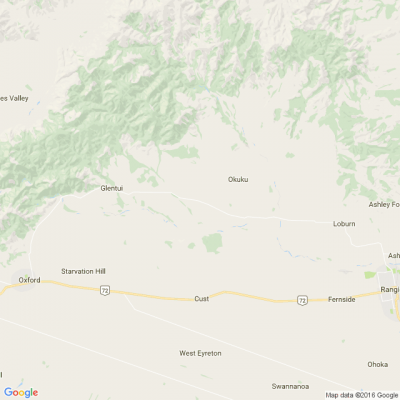
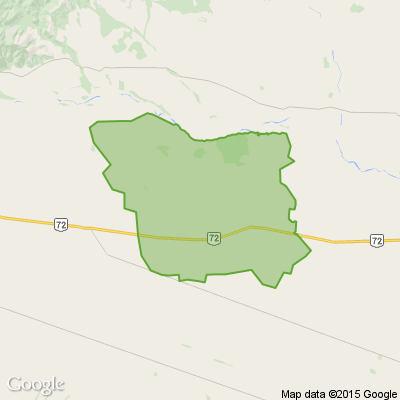







 Loading…
Loading…








